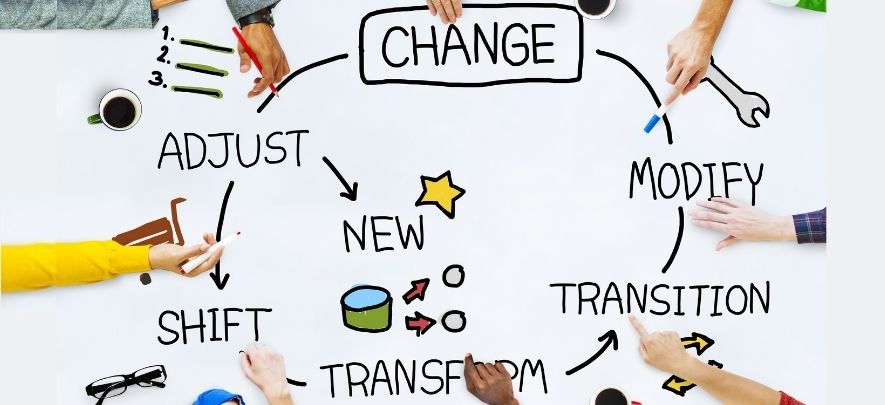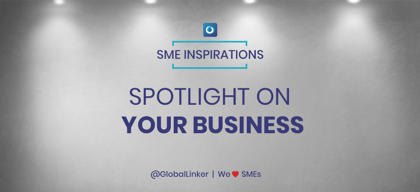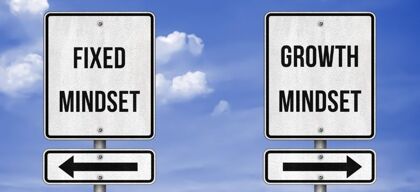New world, new ways

සිල්ලර
සතියකට පෙර 214 — අවම 10 කියවීම
A lot has been spoken about reinventing businesses in the past eight months at various fora. But a business is not just about products and processes but also about people. Each one had to deal with new ways of working, new tools, new schedules, new roles and different team dynamics. It was a time when everyone had to adjust quickly to the new reality that was thrust upon them.
Forward looking Chief Human Resource Officers (CHROs) with a vision have used this rare window of opportunity to bring in sweeping changes that will have lasting positive impact on not just the functioning of the organisation but also its culture and fabric.
Also read: New paradigm for people and business
Work from home
Overnight, work from home (WFH) became the way of life. From an organisation’s point of view, it was one of the toughest challenges as it now had to manage hundreds of tiny offices as every employee’s home was now a workplace.
Each business had to deal with new ways of working, new tools, new schedules, new roles and different team dynamics. It was a time when everyone had to adjust quickly to the new reality that was thrust upon them.
For organisations like Tech Mahindra that has 140,000 employees of 123 nationalities across 105 countries, this was mission impossible— the company had to ensure that as many as 1,30,000 employees had to be fully functional from their homes in 48 hours, flat. “If they couldn’t function, then banks would not function, e-commerce would not function, police and telecom would not function. We had to use innovative ways to make everything up and running in 48 hours,” said Harshvendra Soin, Global Chief People Officer & Head Marketing, Tech Mahindra.
The sudden shift to this new method of working put the HR function’s abilities to test. HR itself had to go through a massive transition, that too instantly. “In the first month, we were just trying to figure out people’s internet bandwidth at homes. Once that got settled, it was more about how do we engage people remotely. So we put in place a weekly call, created a dashboard and ensured we touched base with at least 70- 80 per cent of our people,” shared Nirav Jagad, Chief People Officer, Nykaa.
To understand how WFH was being accepted by employees, Shoppers Stop conducted an employee survey. Results revealed that most people wanted to work from home. It also revealed that some were finding the lack of boundaries stressful. “Based on the survey findings we decided to streamline how we conduct meetings and a scheduled discipline so that people have some personal time instead of continuously attending call after call,” Venkatesh Raja - CHRO, Shoppers Stop.
Also read: Happy home work
Collaboration and engagement
With unlock came the unusual challenge of staggered working or manning the office in A and B teams. In addition, some teams were working at stores, some from office while others from home. Many of the employees who had migrated to big cities went back to their hometowns. Making all these moving parts work smoothly required the machine oil of collaboration. The big question HR was dealing with was: how to continue making employees in far flung areas feel a part of the mainstream organisation?
“Hybrid working has created the need for enhanced collaboration between multiple teams. We have been working on ways to build the collaborative fabric within teams through reinforcements, incentive mechanisms and rearchitecting teams,” said Chandrashekar Chavan - CHRO, Aditya Birla Fashion Retail.
To keep its employees engaged, motivated and positive, Shoppers Stop created initiatives like Shoppers Stop got Talent and used social media extensively. The department store chain also used its training infrastructure to share motivational videos and streaming to communicate with every employee. Furthermore, members of the HR team reached out to every employee assuring each of the company’s support.
To keep boredom at bay, Raymond organised virtual cafes for its employee that included family meetings.
Also read: 6 ideas for better employee engagement during the lockdown
Employee safety
Every organisation created SOPs for the safety of its people. They also undertook initiatives like mediclaim or treatment and support to family in case of an untoward incident.
However, Tech Mahindra did something different. Since asymptomatic employees posed a risk to others, the company came up with an innovative solution—an AI-based COVID-19 test. “It is 98 per cent accurate and gives results in 8 minutes. We have run it across our 1,30,000 employees,” explained Soin.
Mental wellbeing
Accepting the drastic changes in life as well as work affects mental health. “We have been working around changing mindsets. We have launched an Employee Assistance Programme through which we offer our employees one-on-one counselling on financial, relationships and emotional issues and on effectively working from home as that may be the way of the future,” explained Adhir Mane - CHRO - Lifestyle Business, Raymond.
Sharing about initiatives at his organisation, R. Rajnarayan - Executive Vice President & CHRO, Titan Company Ltd. said, “We kicked off a program a year ago called #Village and #Wellage. We also have helplines available where people can call if they need any help, also which is also available to their families.”
Training and reskilling
Every retail organisation used the lockdown to train, upskill and reskill its workforce. Nykaa conducted 2,300 sessions of training during this period. Aditya Birla Fashion got into an innovative tie-up with IIM Indore for training its top store managers. “We have created a programme called India’s Finest Store Manager that gives store managers a deep taste of what it means to be a general manager of a store. So everything from P&L of the store to the hiring for the store, is part of it. We believe that if a store manager does his job well, 60 -70 per cent of our work, both on the business and employee side, is done,” explained Chavan.
Shoppers Stop underwent multi-skilling. “We took the complete leadership team through a digital dexterity program and we are in the process of cascading it down in the last knight. We also used various techniques and platforms for more of a competency-based for omnichannel,” explained Raja.
What HR needs
The HR department takes care of everyone. But who takes care of HR? How do HR professionals help embrace change when they are themselves being affected by change? If you’re not a tech geek, how do you re-skill yourself to be a tech geek in the shortest time?
Most important is about managing emotions. How much have you looked back within yourself to manage the changes? That is a big skill HR people have to have. Today’s HR is not a tech savvy person. Going forward, HR professionals will need to ramp up their data scales. From descriptive to diagnostive and predictive and prescriptive.
“HR has to know the numbers; have a strong analytical ability. If you don’t have it, develop it. Next is the ability to comprehend what the drivers of the business are,” said Nirav Jagad, Chief People Officer, Nykaa.
Back to office
Since strict social distancing was mandatory in office when they opened, Tech Mahindra found an easy solution to ensure compliance. “Our offices were only 33 per cent occupied. Also, we introduced the ‘BookMySeat’ app for employees to book their seats in office before they arrive. It automatically ensures social distancing while allocating seats.”
Facial recognition technology deployed at Tech mahindra offices ensured employees could enter office and mark attendance without touching anywhere. The company’s HR Humanoid that answers questions was available 24x7 during the pandemic. Its chatbot called ‘Hugo’ was at work too, helping employees do everything from filing their travel bills, to applying for leaves. “Using technology were able to achieve human relations as well as experiences,” said Soin.
Summing up the various efforts over the last few months Venkataramana B - Former President, Group HR, Landmark Group India said, “Over the last eight months, together we have reinvented ourselves not just as organisations but also as an industry.”
Also read: Designing the new normal
Image source: shutterstock.com
Article published in STOrai Magazine. Based on the panel discussion ‘Paradigm Shift: A CHRO’s Vision for Workplace Reinvention’ at MMR Online 2020.
Disclaimer: The views and opinions expressed in this article are those of the author and do not necessarily reflect the views, official policy or position of GlobalLinker.
Shiv ගේ පැතිකඩ බලන්න
SME අභිප්රෙරකයන්
මේ සතියේ වැඩිපුරම කියෙව්වේ














අදහස්
කරුණාකර ඇතුල් වන්න හෝ ලියාපදිංචි කරන්න සාකච්ඡාවට එක්වීමට